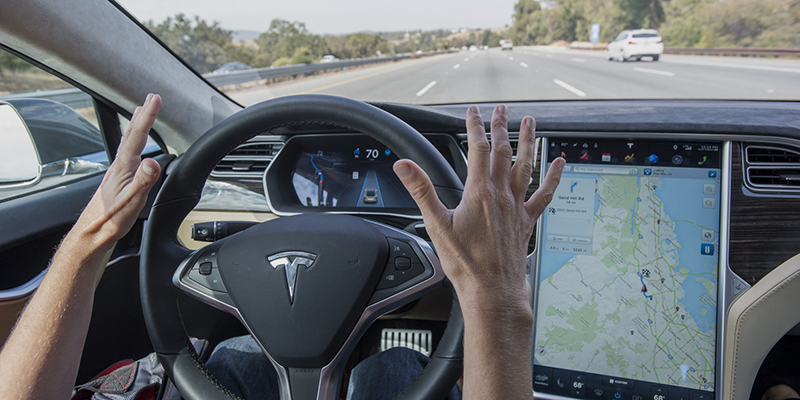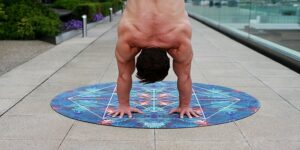Using GPS Actually Makes Us Worse At Understanding Directions
Our handheld devices can guide us through any unfamiliar territory, giving us directions into and out of most areas of the planet on the spot, but it may be costing us a little brainpower.
According to a study in Nature Communications, our GPS devices are making things too easy on our brains.
Being able to navigate your own way out of a place that you’re unfamiliar with takes serious brainpower and gets our minds firing on all cylinders.
When a GPS tells us where to go, our brain isn’t really working very hard.
The study itself took 24 people and put them in a video simulation navigating the streets of Soho in London.
They performed the experiment both with and without digital aid. When people didn’t use a GPS, their hippocampi and prefrontal cortex were far more active than when a GPS told them where to go.
Senior author of the study Dr. Hugo Spiers spoke about the study ad nauseam.
“Entering a junction such as Seven Dials in London, where seven streets meet, would enhance activity in the hippocampus, whereas a dead-end would drive down its activity. If you are having a hard time navigating the mass of streets in a city, you are likely putting high demands on your hippocampus and prefrontal cortex. Our results fit with models in which the hippocampus simulates journeys on future possible paths while the prefrontal cortex helps us to plan which ones will get us to our destination. When we have technology telling us which way to go, however, these parts of the brain simply don’t respond to the street network. In that sense our brain has switched off its interest in the streets around us.”
Basically if you want to challenge your brain, you should try and navigate yourself out of situations without digital help.
But thankfully, your brain won’t turn to mush if you use GPS, you’ll just have more time to concentrate on other things.













You must be logged in to post a comment Login